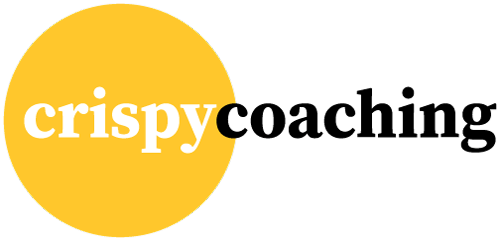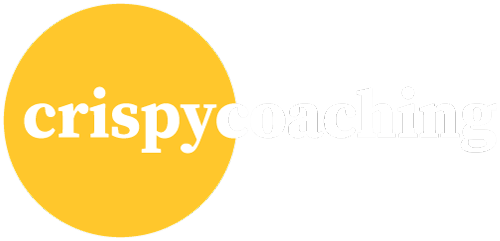The Big Five – a classic of personality psychology
by Sophia Wende & Eva Resch
What is a knowledge nugget? In our blog we regularly present you methods and models, which we also use in our trainings. We would like to give you an insight into our methods from tried and tested to novelties.
What they are.
The Big Five are to this day the most mainstream and widely accepted framework for personality. Why? Well let’s see.
The five factors were officially named by Costa & McCrae in 1992 but are the product of years long research of many contributors. They are supposed to put people in categories based on certain personality traits.
And their use?
Well, they predict people’s behavior… in a leadership position for example. Extraversion and Openness, to name two, are nowadays seen as two very important personality traits in leadership roles.
The five factors (OCEAN-Modell) include:
> Openness to Experience → e.g. creativity, ability to be vulnerable, curiosity
> Conscientiousness → e.g. ambition, thoroughness, self-discipline
> Extraversion → e.g. sociableness, assertiveness, energy
> Agreeableness → e.g. patience, trust, kindness
> Neuroticism → e.g. pessimism, fear, awkwardness
Now, these five factors are factors, which serve as umbrella terms for personality traits. Every person can be placed on scales on how distinct they are part of a type or have a personality trait, which is done by looking at typical behavioral habits.
Judge et al. (2002) found, that Extraversion is the personality factor, which correlates the highest with good leadership qualities, followed by Conscientiousness, Openness and Agreeableness.
Neuroticism is negatively correlated, meaning the less neurotic behavior someone shows, the higher the chance, he will show good leadership skills.
Their relevance for agile leaders today.
This Modell, despite the fact it is more than a hundred years old by now, has gained more and more attention in the bright field of Organizational Psychology and Leadership development. This we owe to the development in this area entailing that, not only the hard skills (competences) but also the soft skills are more and more valued.
Especially in the context of agile environments, the knowledge of one’s own personality factors, values and motives is of highest relevance. Todays leaders are expected to provide nourishing work environments and motivation of the employees should be encouraged in a targeted manner. According to Monika Rehrl and colleges selecting the most suitable employees and holding their motivation in the firm will be the most crucial competitive advantage in the near future.
If everything around us changes continuously and quickly, the individual relationship between manager and employee is crucial to can create stability and thus motivation and commitment – and a stable relationship can only succeed if all stakeholders are aware of themselves.
References
Article written by: Sophia Wende for crispycoaching.com
Schmitt, M., & Altstötter-Gleich Christine. (2010). Differentielle Psychologie und Persönlichkeitspsychologie kompakt: Weinheim: Beltz.
Rehrl, M., Harteis, C., & Gruber, H. (2006). Potentialanalysen in der Personalentwicklung – Ein kritischer Diskurs. German Journal of Human Resource Management: Zeitschrift für Personalforschung, 20(2), 185–191. doi: 10.1177/239700220602000207
Judge, T. A., Bono, J. E., Ilies, R., & Gerhardt, M. W. (2002). Personality and leadership: A qualitative and quantitative review. Journal of Applied Psychology, 87(4), 765–780. doi: 10.1037/0021-9010.87.4.765






